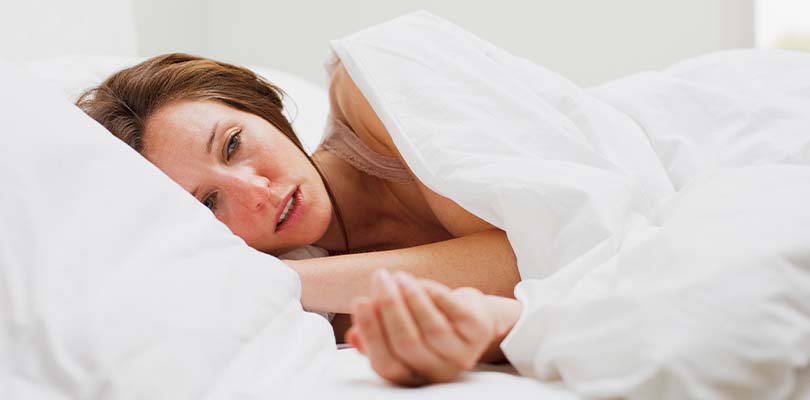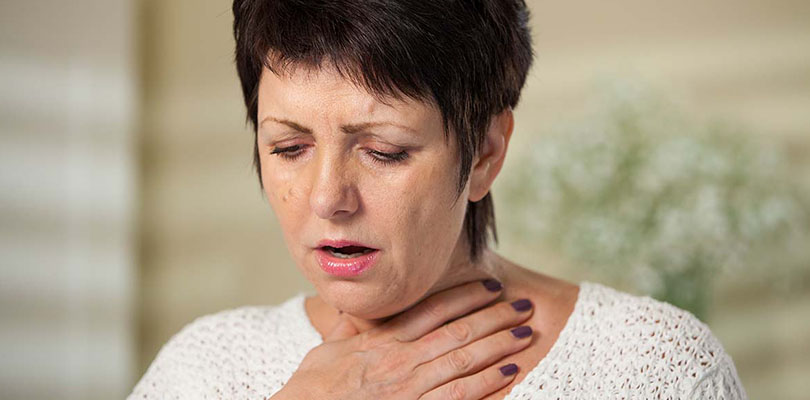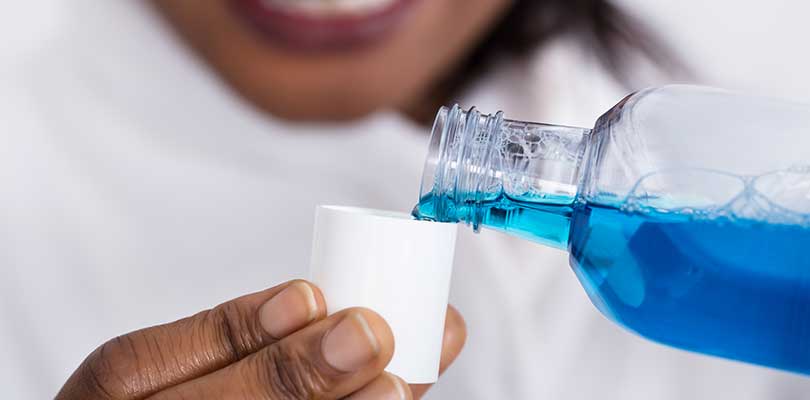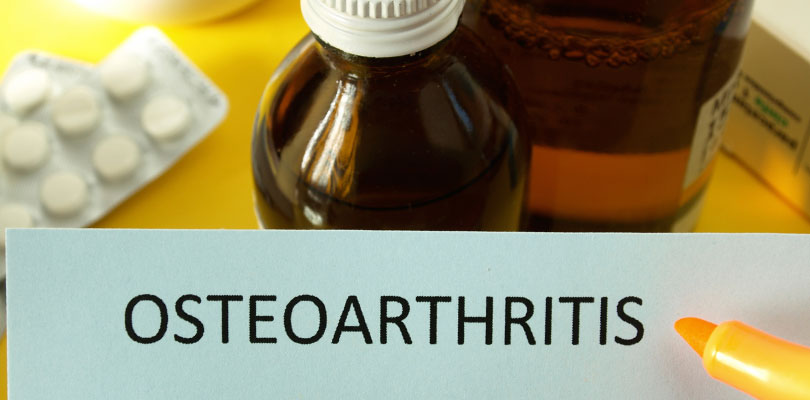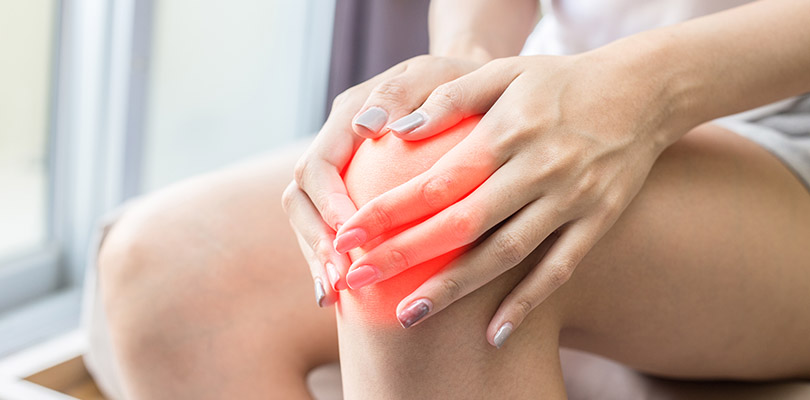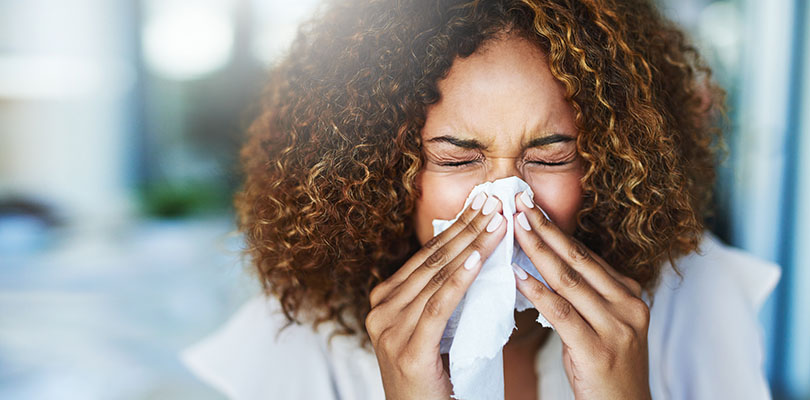How to Stop Night Sweats
Most people have experienced sweating at night. It is usually a result of being too warm in bed. However, around 3% of the population suffer from more serious night sweats. They happen on a regular basis and can seriously interfere with getting a good night’s rest, so it is good to know how to stop night sweats.
Furthermore, night sweats can be a sign of an underlying health problem that may require treatment from a doctor. Here’s everything you need to know about night sweats, when to get them checked out and how to stop them ruining your sleep.
What Are Night Sweats?
Night sweats are sometimes known as sleep hyperhidrosis, with hyper meaning “too much” and hidrosis meaning “sweating”. As the name suggests, night sweats are a type of excessive sweating that happens at night.
Most people sweat a little bit while they sleep, but night sweats can wake you up with your bedding soaking wet. This can leave you feeling exhausted the following day and also anxious about what is causing your night sweats.
What Causes Night Sweats?
The most common reason why people sweat at night is being too hot in bed. The body’s temperature is regulated by part of the brain called the hypothalamus. The hypothalamus detects whether you are too hot or cold, and triggers a series of physiological reactions to bring you back to a comfortable temperature.
When you become too hot, your hypothalamus tells your sweat glands to release sweat. When this fluid evaporates off your skin, it cools you down. Therefore, most of the time, sweating is a healthy response that prevents you from overheating.
However, if you suffer from night sweats on a regular basis and your bedroom is not too warm, it could be a sign of an underlying illness. Some of the conditions that may cause night sweats include:
- An infection (influenza, tuberculosis, HIV, etc.)
- Stress or anxiety
- Diabetes (low blood sugar can cause night sweats)
- Thyroid dysfunction
- Some forms of cancer (lymphoma, leukemia, etc.)
Although it is not technically a medical condition, one of the most common causes of night sweats in women is menopause. Menopausal symptoms like night sweats can occur several years before a woman’s periods stop.
There are also several different medications and recreational substances that can cause night sweats. These include the following:
- Antidepressants (tricyclics, SSRIs, or SNRIs)
- Steroids (cortisone, prednisone, etc.)
- Painkillers (aspirin, acetaminophen)
- Hormone blockers (e.g. tamoxifen)
- Caffeine
- Alcohol
- Tobacco
- Other recreational drugs
To identify the cause of your night sweats, your doctor will ask you about any other symptoms you are experiencing. They may also run some tests such as blood tests or chest x-rays. In some cases, night sweats have no identifiable cause. This is known as idiopathic hyperhidrosis.
Shortness of breath is an uncomfortable condition (or a symptom) that makes it difficult to fully get air into your lungs.
Night Sweats Symptoms
Night sweats can come hand in hand with a whole range of other symptoms depending on the cause. For example, night sweats due to an infection may be accompanied by fever and a cough.
Menopausal night sweats usually occur alongside other menopause symptoms. These include hot flashes during the day, vaginal dryness, mood changes and insomnia. Many women who are approaching menopause notice their periods becoming less regular before they finally stop.
Night sweats due to diabetes, thyroid problems, or cancer may be accompanied by unexpected weight loss and other symptoms like tiredness or pain. It is essential to get these night sweat symptoms investigated by a doctor.
How to Stop Night Sweats
If you are suffering from night sweats due to a medical condition, the first course of action is to treat the underlying disease. The most appropriate treatment for night sweats will depend on the cause. Infections can be treated with medication such as antibiotics or antiviral drugs. It is very important to take these medications at regular intervals and complete the entire course.
The most common menopause treatment is hormone replacement therapy (HRT). However, some women find that they are able to manage symptoms like night sweats by making some changes to their diet and exercise regime.
Diabetes and thyroid problems will both require treatment with long-term medication that helps to rebalance hormone levels. Meanwhile, many cases of cancer can be successfully treated with chemotherapy.
How to Help Night Sweat Symptoms
Regardless of the cause of your night sweats, there are various steps you can take to reduce your symptoms and improve your sleep:
- Ensure your bedroom is cool enough by opening a window or using a fan
- Choose bedding and bedclothes made from natural materials, such as cotton, bamboo, linen, or hemp
- Use light sheets and blankets in layers that you can easily remove
- Apply antiperspirant before bed
- Avoid caffeine, alcohol, hot drinks and spicy food in the evenings
- Exercise enough during the day but not too close to bedtime
If you take any medication, ask your doctor whether night sweats could be a side effect. They may be able to adjust your dose or suggest an alternative product.
When to See a Doctor About Night Sweats
Most of the time, night sweats are nothing to worry about. However, in a small percentage of people, they can be a sign of a serious problem.
Therefore, you should consult a physician if your night sweats are regular or severe.
You should also see a doctor if your night sweats are accompanied by any of the following symptoms:
- Fever
- Coughing
- Localized pain
- Weight loss
- Diarrhea
Your doctor will be able to help you identify the cause of your night sweats and suggest an appropriate treatment.
